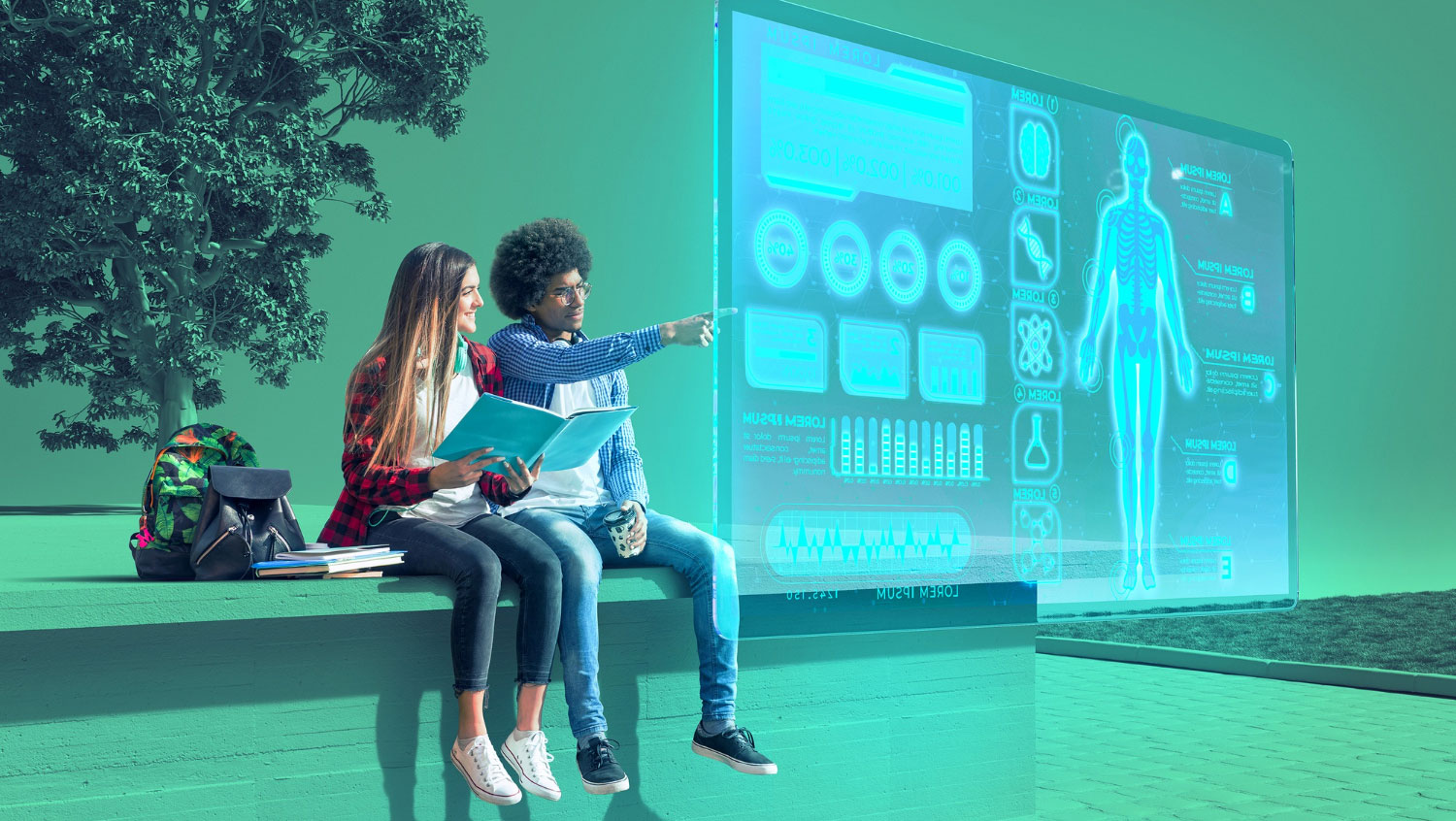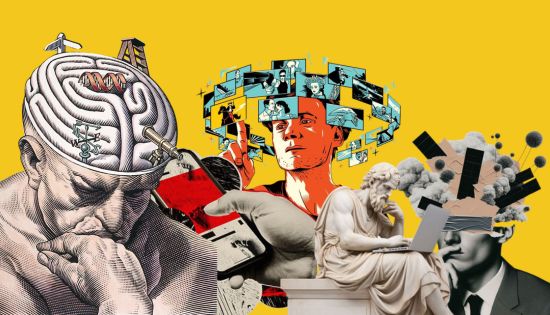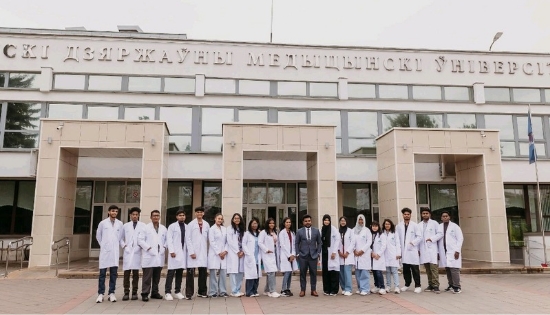The Impact of Artificial Intelligence (AI) on Education
Enhancing Learning Experiences

Artificial Intelligence (AI) is reshaping the landscape of education, offering new opportunities to enhance learning experiences and improve outcomes for students and educators alike. By harnessing the power of AI, educational institutions can personalize learning, streamline administrative tasks, and provide targeted support to students.
One of the key benefits of AI in education is its ability to personalize learning experiences. Adaptive learning platforms use AI algorithms to analyze student data and tailor instruction to meet the unique needs of each learner. For example, AI can identify areas where a student may be struggling and provide additional support or offer advanced material to students who are ready to move ahead.
AI can also help educators save time on administrative tasks, such as grading assignments and managing student records. Automated grading systems can provide instant feedback to students, allowing them to learn from their mistakes and improve their performance. Similarly, AI-powered tools can help educators track student progress and identify areas where additional support may be needed.
Another area where AI is making an impact is in providing personalized support to students. Chatbots powered by AI can provide students with instant answers to their questions, whether they are related to coursework, schedules, or other aspects of student life. These chatbots can also offer guidance on study habits and time management, helping students develop the skills they need to succeed.
AI is also being used to develop virtual tutors that can provide one-on-one support to students. These virtual tutors can adapt their teaching style to match the individual learning preferences of each student, providing a more personalized and effective learning experience.
Despite the many benefits of AI in education, there are also challenges that need to be addressed. For example, there are concerns about the potential for bias in AI algorithms, particularly when it comes to making decisions that affect students’ academic or professional futures. Additionally, there are questions about the ethical use of AI in education, particularly when it comes to issues of privacy and data security.
In conclusion, AI has the potential to revolutionize education by providing personalized learning experiences, streamlining administrative tasks, and providing targeted support to students. As educators continue to explore the possibilities of AI, the future of education looks brighter and more innovative than ever before.

Related News
Wuthering Heights: Book vs Movie – Which Resonates More?
Read • Watch • Learn When Emily Brontë published Wuthering Heights in 1847, few expected the novel to become one of the…
Read MoreWycherley International School Dehiwala Hosts Joyful Kiddies Fiesta 2026 Celebration
Wycherley International School Dehiwala welcomed students, parents and teachers to a spirited celebration of childhood at its Kiddies Fiesta 2026 on 11…
Read MoreBusiness, BUT NOT AS USUAL – Southern Cross University Brings Bachelor of Business to Sri Lankan Students at NSBM Green University
SCU Sri Lanka National Launch | 19–21 February 2026 | NSBM Green University, Homagama Southern Cross University (SCU), one of Australia’s leading…
Read MoreBelarusian State Medical University:A Trusted Pathway to Studying Medicine Abroad with ISC Education
For many Sri Lankan students, gaining entry to a local medical faculty remains highly competitive despite strong academic performance. As a result,…
Read MoreCourses
-

The future of higher education tech: why industry needs purpose-built solutions
For years, Institutions and education agencies have been forced to rely on a patchwork of horizontal SaaS solutions – general tools that… -

MBA in Project Management & Artificial Intelligence – Oxford College of Business
In an era defined by rapid technological change, organizations increasingly demand leaders who not only understand traditional project management, but can also… -

Scholarships for 2025 Postgraduate Diploma in Education for SLEAS and SLTES Officers
The Ministry of Education, Higher Education and Vocational Education has announced the granting of full scholarships for the one-year weekend Postgraduate Diploma… -

Shape Your Future with a BSc in Business Management (HRM) at Horizon Campus
Human Resource Management is more than a career. It’s about growing people, building organizational culture, and leading with purpose. Every impactful journey… -

ESOFT UNI Signs MoU with Box Gill Institute, Australia
ESOFt UNI recently hosted a formal Memorandum of Understanding (MoU) signing ceremony with Box Hill Institute, Australia, signaling a significant step in… -

Ace Your University Interview in Sri Lanka: A Guide with Examples
Getting into a Sri Lankan sate or non-state university is not just about the scores. For some universities' programmes, your personality, communication… -

MCW Global Young Leaders Fellowship 2026
MCW Global (Miracle Corners of the World) runs a Young Leaders Fellowship, a year-long leadership program for young people (18–26) around the… -

Enhance Your Arabic Skills with the Intermediate Language Course at BCIS
BCIS invites learners to join its Intermediate Arabic Language Course this November and further develop both linguistic skills and cultural understanding. Designed… -

Achieve Your American Dream : NCHS Spring Intake Webinar
NCHS is paving the way for Sri Lankan students to achieve their American Dream. As Sri Lanka’s leading pathway provider to the… -

National Diploma in Teaching course : Notice
A Gazette notice has been released recently, concerning the enrollment of aspiring teachers into National Colleges of Education for the three-year pre-service… -

IMC Education Features Largest Student Recruitment for QIU’s October 2025 Intake
Quest International University (QIU), Malaysia recently hosted a pre-departure briefing and high tea at the Shangri-La Hotel in Colombo for its incoming… -

Global University Employability Ranking according to Times Higher Education
Attending college or university offers more than just career preparation, though selecting the right school and program can significantly enhance your job… -

Diploma in Occupational Safety & Health (DOSH) – CIPM
The Chartered Institute of Personnel Management (CIPM) is proud to announce the launch of its Diploma in Occupational Safety & Health (DOSH),… -

Small Grant Scheme for Australia Awards Alumni Sri Lanka
Australia Awards alumni are warmly invited to apply for a grant up to AUD 5,000 to support an innovative project that aim… -

PIM Launches Special Programme for Newly Promoted SriLankan Airlines Managers
The Postgraduate Institute of Management (PIM) has launched a dedicated Newly Promoted Manager Programme designed to strengthen the leadership and management capabilities…
Newswire
-

President attends almsgiving for Cyclone Ditwah victims in Nelummala
ON: February 27, 2026 -

One dead, another missing in Bentota drowning incident
ON: February 27, 2026 -

Kusal Mendis ruled out of Pakistan game
ON: February 27, 2026 -

School shoe voucher validity extended until March 15
ON: February 27, 2026 -

Abdullah Almutairi returns as Sri Lanka Football Head Coach
ON: February 27, 2026









